I???ve always thought first novels would make for a cool book collection. Something about these books always seemed inspiring and maddening to me at the same time.
To steal a line I once read about Joyce???s Portrait of the Artist as a Young Man, it???s like experiencing ???genius discovering its powers.??? What you???ll find below is nothing more than some of the books I???d put in to my theoretical collection of first novels (here I???m sticking to 20th century American Lit). Some are obvious, some aren???t; some have interesting stories, some don???t. And some have my personal biases written all over them.
The Torrents of Spring by Ernest Hemingway (1926)
A parody of Sherwood Anderson, and, according to Hemingway, ???all the rest of the faking bastards,??? Torrents was soundly rejected by Boni and Liveright upon submission. Hemingway was relatively unknown and Anderson was their best-selling author. The rejection released Hemingway from his contract so he bolted to Scribner???s, who published 1250 copies in May of 1926. Five months later Scribner???s would publish The Sun Also Rises, and continue publishing Hemingway until his death in 1961, while Boni and Liveright filed for bankruptcy in 1933.
Invisible Man by Ralph Ellison (1952)
One of the most important post-WWII books in American literature. Ellison???s only novel, it won the National Book Award in 1953 and is a groundbreaking work in African-American literature. A definite part of the ???Great American Novel??? conversation.
The Heart is a Lonely Hunter by Carson McCullers (1940)
Published when McCullers was just 22 years-old, the book achieved near instant success. Both readers and reviewers were surprised at its maturity and depth. It remains one of the 20th century???s ???Southern Gothic??? masterpieces.
The Naked and the Dead by Norman Mailer (1948)
Mailer wanted to be Hemingway his whole life and this is as close as he got (at least with his fiction). He was 25 when it came out and it launched a career that spanned almost six full decades, two Pulitzer Prizes, and even a New York City Mayoral run.
The Bluest Eye by Toni Morrison (1970)
Morrison is the last American to receive the Nobel Prize in Literature (1993). That???s probably all you need to know.
The Brief Wondrous Life of Oscar Wao by Junot Diaz (2007)
This is Diaz???s only novel (so far–can???t wait for Monstro!), and it won the Pulitzer in 2008, beating out the likes of Phillip Roth, Denis Johnson, Joyce Carol Oats, Don DeLillo, and Richard Russo. That???s some heavy company. (I know Diaz was born in the Dominican Republic, but he moved to America when he was six. Anyway, I love this book so it stays where it is).
If I Die in a Combat Zone, Box Me Up and Bring Me Home by Tim O???Brien (1973)
O???Brien is probably the most influential author when it comes to writing about the Vietnam War. This book is highly autobiographical and was only the beginnings of his eloquence and insight into what the war did to some of those who fought in it.
The Orchard Keeper by Cormac McCarthy (1965)
It took almost 30 years for McCarthy to achieve commercial success. His first five books sold a combined 15,000 copies. It wasn???t until 1992???s All the Pretty Horses that McCarthy became a best-seller, but he is widely considered one of our best living authors. And, believe it or not, he???s been publishing novels for close to 50 years now.
The Mysteries of Pittsburgh by Michael Chabon (1988)
Begun at the age of 21, Chabon submitted this book as his MFA Thesis while at UC-Irvine. One year later it was a best-seller and called the Catcher in the Rye of its generation. He would go on to win the Pulitzer for The Amazing Adventures of Kavalier & Clay in 2001.
V. by Thomas Pynchon (1963)
So impressively mind-boggling when published, readers and reviewers alike had to have been wondering where Pynchon had been hiding all this time. It would win the PEN Faulkner award for best debut novel of 1963 and lead to the almighty Gravity???s Rainbow, published ten years later.
Native Son by Richard Wright (1940)
Wright is considered the grandfather of contemporary African-American literature. He pulled no punches when attacking racism and paved the way for writers like Morrison and Ellison (and others) to tell their own truths.
Revolutionary Road by Richard Yates (1961)
I???ll leave this one to those who know better. Kurt Vonnegut: ???The Great Gatsby of my time.??? Tennessee Williams: ???Here is more than fine writing; here is what, added to fine writing, makes a book come immediately, intensely and brilliantly alive. If more is needed to make a masterpiece in modern American fiction, I am sure I don’t know what it is.??? This is an amazing book???I almost couldn???t believe how good it was when I finished it.
To Kill a Mockingbird by Harper Lee (1960)
Lee???s only novel, I don???t see that it needs much in the way of explanation. An almost perfect book???with one of American literature???s greatest characters in Atticus Finch.
Broom of the System by David Foster Wallace (1987)
Wallace was the literary giant of his generation and his Infinite Jest (1996) joined the likes of The Recognitions, Gravity???s Rainbow, and The Sot-Weed Factor in the pantheon of postmodernism. Broom of the System was published when he was just 24 years old, too, so there???s that.
The Catcher in the Rye by J.D. Salinger (1951)
See To Kill a Mockingbird (minus the Atticus Finch part).
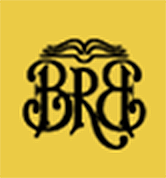
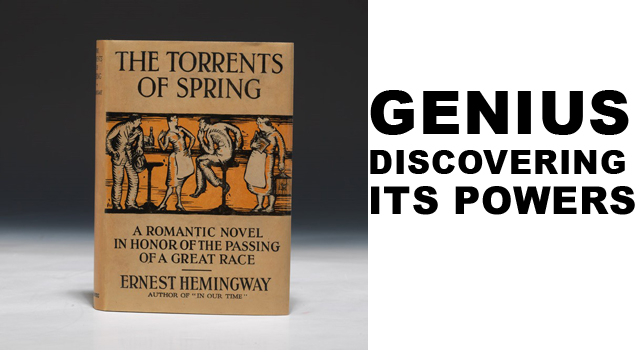
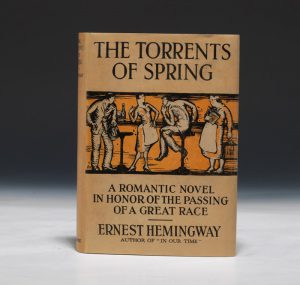
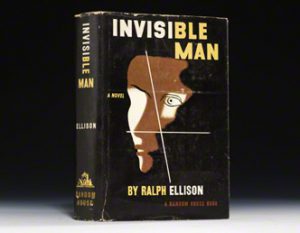
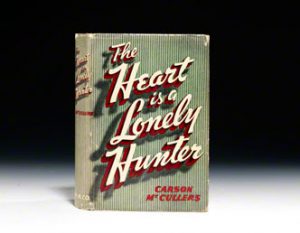
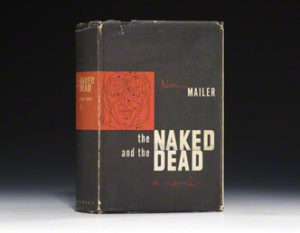
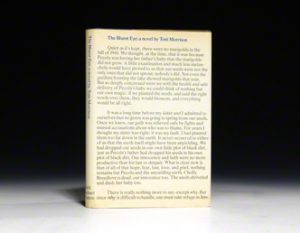
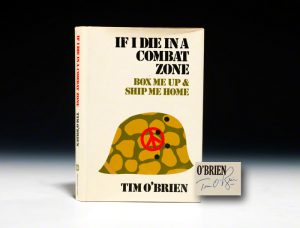
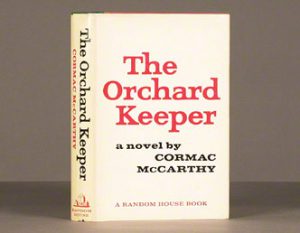
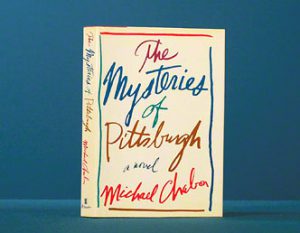
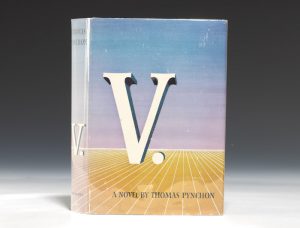
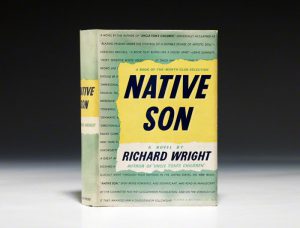
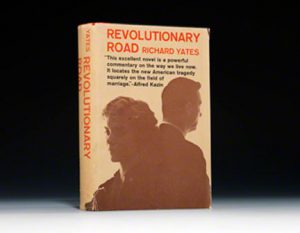
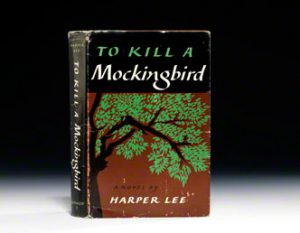
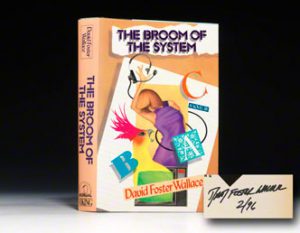
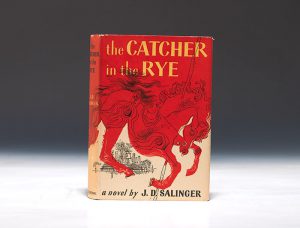
Comments
One Response to “Collecting First Novels”
JBrianH says: August 11, 2013 at 5:04 pm
Terrific post — and great idea of putting together first novels. Two thoughts: Doesn’t “Juneteenth” count as Ellison’s second novel? Posthumous, of course, and a condensation. But….
And the O’Brien book you cite here is, in fact, a memoir, not a “fictional memoir” like Things they Carried.